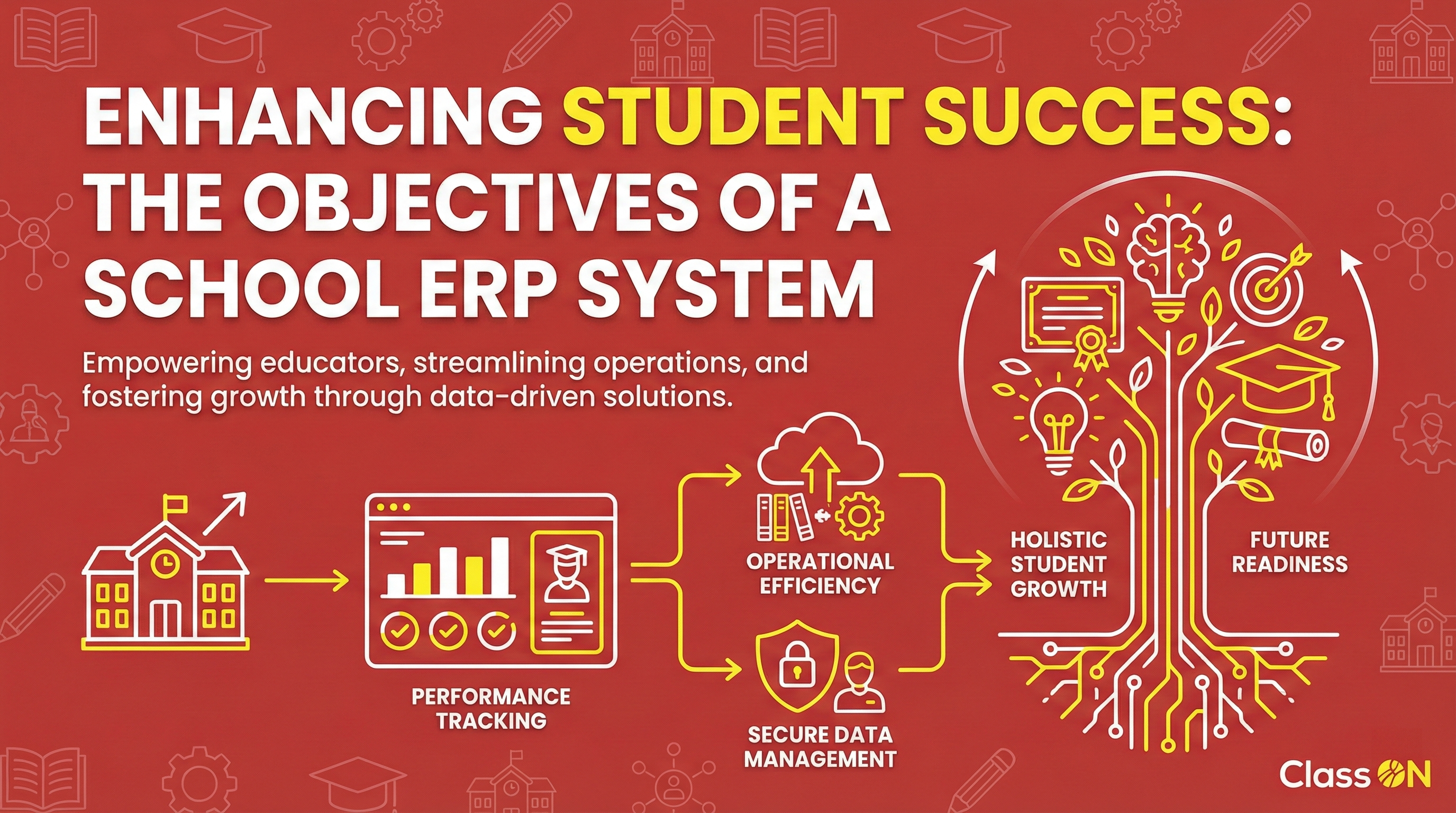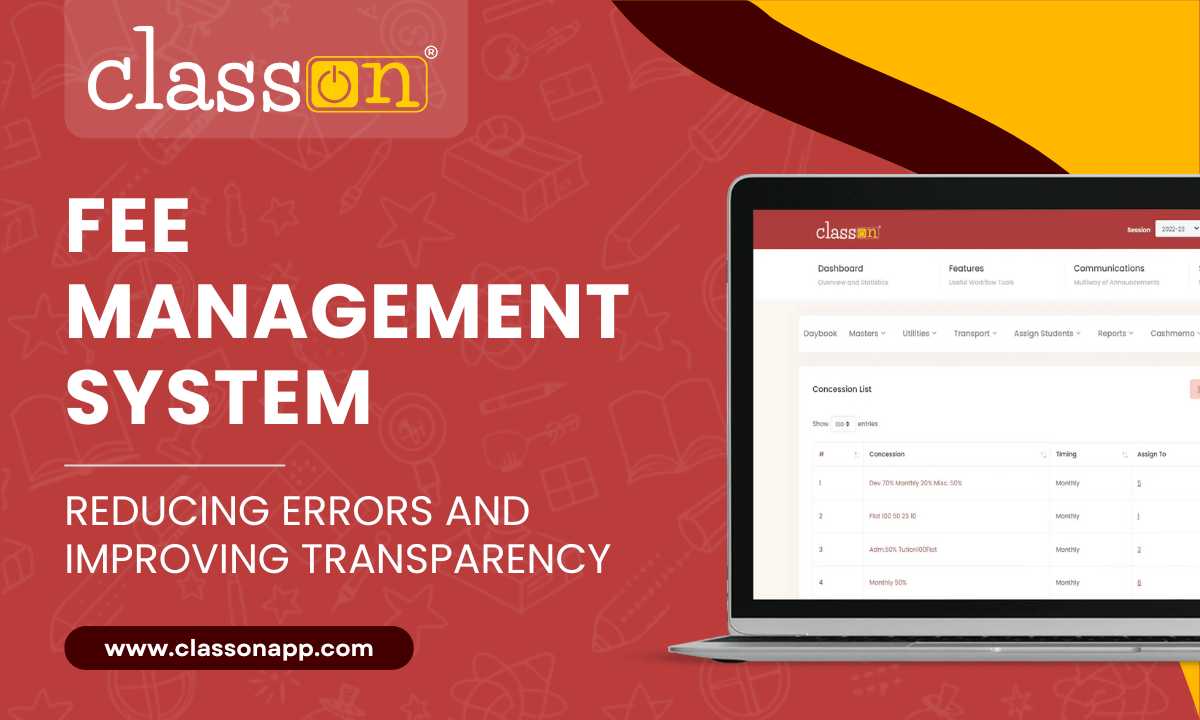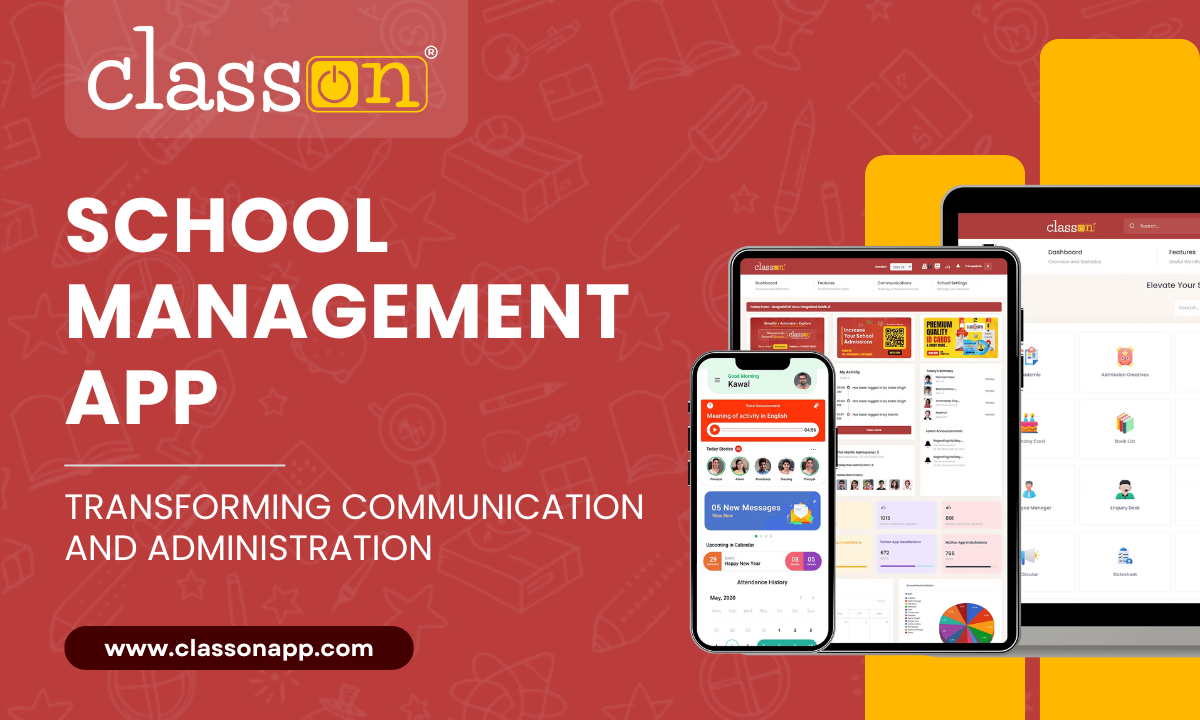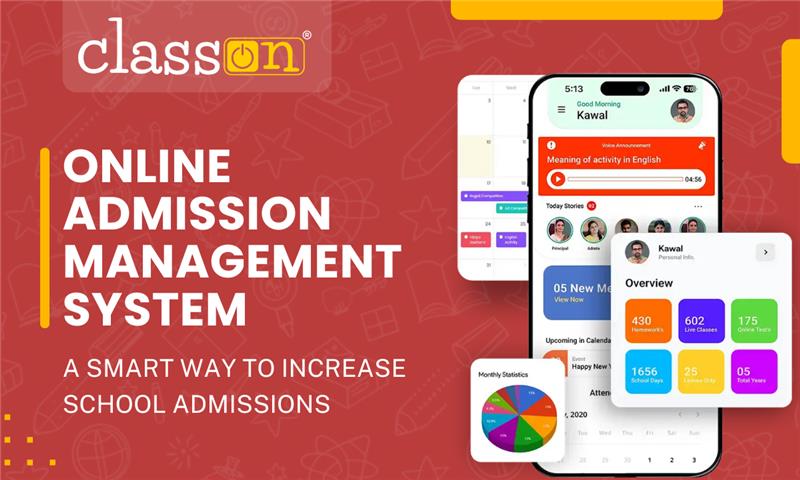
It is evident that the introduction of School ERP Software (ERP) in the education sector has led to a noticeable decline in the value of traditional classroom-based education.
The importance of School Software has significantly grown! Using it in school gives better choices to schools. It helps instructors to deliver tailored material, holds a variety of instructional methods, and strives to include pupils more effectively than previously.
Why is it essential to choose the best school ERP?
The undeniable truth remains that our future is intricately tied to our past. In the past few decades, online learning has evolved remarkably, primarily driven by the emergence of advanced school automation software (ERPs). This reality stands strong and shows no signs of diminishing. Whether you are exploring mobile learning strategies or contemplating the gamification of your online courses, the necessity for the right ERP will persist.
Seamless Access to Learning Content
ERP software provides unrivalled access to learning resources, ensuring learners can easily engage with course content.
Flexible Course-Building Options
It offers a wide range of course creation and organisation choices, allowing educators to customise the learning experience to particular requirements and preferences.
Student Performance Tracking
It also allows instructors to measure and monitor student performance, providing significant insights into individual development, strengths, and areas for improvement.
Heightened Engagement
ERPs stimulate improved engagement among learners by combining interactive components, multimedia materials, and collaborative capabilities, making the learning experience more dynamic and fascinating.
Enhanced Learning Experience
All of these benefits combine to create an overall better learning experience for students, supporting higher retention, understanding, and knowledge application.
“Technology will never replace great teachers, but technology in the hands of great teachers is transformational.” – George Couros
The key lies in the foundation. With a solid underlying infrastructure, educational institutions can thrive and adapt. By harnessing robust ERP platforms, schools can make necessary adjustments as they see fit, ensuring an enduring and influential educational ecosystem.
Objectives of a School ERP System
Here are the objectives of School ERP Software that school owners should carefully consider:
Concentrated Education
The primary objective of a School ERP system is to centralise learning resources, eliminating the scattering of e-learning information across multiple locations. By consolidating all the data in one place, it significantly reduces the risks of data loss while enhancing the system’s overall efficiency. With a School ERP system, schools can efficiently store and manage e-learning content, ensuring easy access for teachers and students. This streamlines the learning process, promotes effective organisation, and maximises the educational benefits of digital platforms.
Adaptation
The use of an ERP in schools offers unsurprising benefits, providing a plethora of customisation options. Teachers can fully embrace the freedom to tailor e-learning content to suit the needs of diverse disciplines as much as they require. Similarly, students can enjoy limitless personalisation possibilities, aligning the learning experience with their interests and preferences. This flexibility enhances engagement and motivation, fostering a dynamic and personalised educational environment. It empowers teachers and students to explore and create educational content that resonates with their unique learning objectives, resulting in a more meaningful and effective learning journey.
Monitoring
By integrating ERP software into their classrooms, teachers can effectively monitor students’ progress in terms of course completion, identify knowledge gaps, assess levels of engagement and involvement, and track the time taken to complete intended lectures. This integration empowers teachers with valuable insights into student performance, enabling them to provide targeted support and interventions as needed, ultimately enhancing the overall learning experience.
Another compelling aspect is the provision of accurate analysis. These comprehensive reports can aid institutions in addressing the specific needs of schools and assessing whether any enhancements or modifications are necessary. By leveraging these reports, educational institutions can make data-driven decisions, identify areas for improvement, and implement strategies to optimise the learning environment and enhance overall educational outcomes.
Smooth updates
Schools offer diverse courses addressing dynamic and ever-changing topics requiring constant updates and content revisions. School automation technologies have made it easier to update current information without needing individual changes for each student. Changes in content are automatically distributed across these platforms, ensuring that all students receive the recent information. This reduces administrative labour for instructors while ensuring students have access to the most up-to-date and relevant information. It enables schools to respond quickly to curricular changes or developing knowledge, resulting in a more efficient and up-to-date learning experience.
Solid Assessment System
As a school owner, a School Management System enables you to properly monitor student progress before, during, and after classes without interfering with the whole learning experience. Furthermore, the best ERP systems on the market provide seamless integration of learning and evaluation inside a unified platform, allowing students to effortlessly track their progress. This comprehensive method equips instructors with a full perspective of student performance, enables timely interventions, and encourages personalised learning journeys. It improves transparency, encourages student involvement, and ensures educators and students have the tools to maximise the learning experience.






